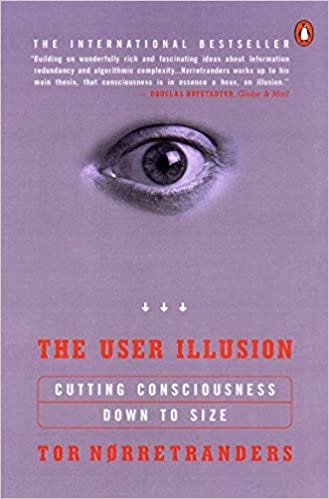DEI Strikes Back: What do We do next?
If our organizational climate/engagement survey data say, “we are an inclusive organization now,” what do we do next?
Here are two ideas from my book, Reconstructing Inclusion: Making DEI Accessible, Actionable, and Sustainable and other texts I leaned on in writing it. In addition, I’ve included one quote, a book recommendation, and a video that has inspired or influenced me and hopefully will resonate with you, too. (That’s ✌🏿+ 💡📚➕).
Pages 6-7
"The Wizard of Oz and The Wiz (starring Michael Jackson and Diana Ross in their first (and last formal on screen work together) are among my favorite movie classics. They qualify for that small bucket of films that I can watch repeatedly and still enjoy. Interestingly, L. Frank Baum, the author of the book series The Wonderful Wizard of Oz (1900) on which the movies were based, was a women’s suffrage supporter. He contributed financially and undauntedly to that cause, serving for some time as secretary to his local women’s suffrage club. Conversely, some of his writings can be interpreted as having racist undertones toward Native Americans and Black Americans. I don’t share this interpretation. Still, criticism of some of his essays reached a point that Baum’s family issued a public apology for any harm his writing had brought the Sioux tribe."
Photo Credit: Michael Ochs Archive/Getty Images
"This knowledge might trigger many DEI practitioners to dismiss Baum and his entire canon. He’d be labeled as “anti” this or that, or as a racist (not an “anti-racist”). This expected response would be considered acceptable despite Baum’s commitment to women and the inspiration of his work.
Responses of this kind do very little good for inclusion’s evolution in organizational life. I would go as far as to say that advocating aggressively for a single identity, particularly the one a person identifies with most strongly, is part of the reason that most diversity work is at best “ceremonial.” It will continue to be so if those in practice make their activism primarily about their personal interests or if the intent is to get something from someone or for someone.
My question is, what are we trying to get? If representation increases, what do we do next? If we focus on retention and the numbers stay the same, what do we do next? If the numbers go up, what do we do next? If our organizational climate/engagement survey data say, “we are an inclusive organization now,” what do we do next?"
Page 26-27
"In 2017, twenty-year Apple veteran Denise Young Smith was part of a panel in Bogotá, Colombia. She had recently taken on a formal role as VP of Inclusion and Diversity after several other senior roles. During the questions from the moderator, she said the following:
And I’ve often told people a story—there can be twelve white blue-eyed blonde men in a room, and they are going to be diverse too because they’re going to bring a different life experience and life perspective to the conversation. The issue is representation and mix and bringing all the voices into the room that can contribute to the outcome of any situation. So I focus on everyone, but I also focus on allies and alliances because to [the other panelists’] point, there’s an incredible amount of power in those who have platforms or those who have the benefit of greater representation to tell the stories of those who do not.
Ms. Smith was castigated for fewer than fifty words (italicized above) of a full response that both qualified and clarified her story. The result: after twenty years in the company, she resigned. Clearly, where so-called diversity advocates are concerned, Smith crossed the line. Due to the reputational impact to Apple, she had to step down from a company that obviously held great significance to her. Was this a win for the DEI supporters? Why didn’t Apple support her statement, reinforcing the idea that diversity is about everyone? I cannot answer for Apple’s leadership. Maybe if Steve Jobs had still been living, he would have agreed and created a public dialogue. Who knows?
What I do know is that Ms. Smith was right.
💡A Quote
Because it is not what we say to each other every day that established all the meaning and beauty and truth our everyday conversations contain; it is everything we think before we speak.”
—Tor Nørretranders (The User Illusion, 1991)
📚A Book
Photo Credit: Good Reads
The User Illusion (1991) by Tor Nørrtranders
➕A Video
Exformation (A video about a key concept in The User Illusion) by Ze Frank
If you read the chapter, “Overstanding Exclusion,” in Reconstructing Inclusion, you will discover why I think the concept of “exformation” is extremely important to organizations making inclusion normative, accessible, actionable, and sustainable.
I hope this was helpful. . . Make it a great day! ✌🏿






